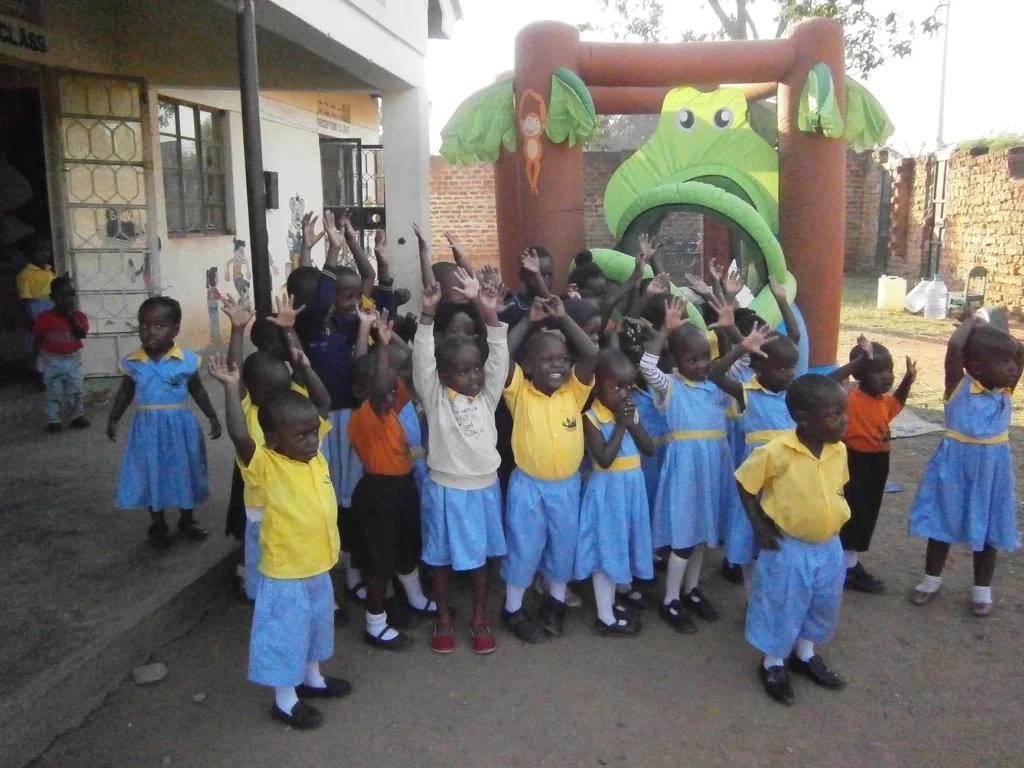Why Child Education Matters
Investing in education is an investment in the future. In Africa, this is especially true as child education can have a lasting impact not just on individual lives, but also on the development of entire countries and communities. Here, we will explore why child education is so important for Africa, and how it can be used to create change.
The Benefits of Education
Investing in quality education has many benefits. It increases economic growth, reduces poverty rates, and empowers individuals to contribute more to their communities. Quality education also promotes gender equality and helps protect children from exploitation and abuse. Furthermore, it encourages critical thinking skills which are necessary for problem solving—a skill that is invaluable in today’s ever-changing world.
What’s more, investing in child education supports innovation and creativity. Children who receive an education are better equipped with the knowledge and resources needed to think outside the box and come up with innovative solutions to local issues. This could include finding ways to improve health care access or developing sustainable energy sources for their community. These types of initiatives can have a direct impact on improving living conditions.
Making Education Accessible
Providing quality education is often challenging due to limited resources such as funding or inadequate infrastructure. It’s estimated that 43% of primary school-aged children do not attend school in sub-Saharan Africa due to factors like financial constraints or lack of access to schools. To combat this issue, many organizations are working hard to make sure all children have access to quality schooling regardless of their socioeconomic status or geographic location. This includes providing scholarships and building schools in rural areas where access may otherwise be limited due to distance or cost barriers.
It’s clear that investing in quality education has far-reaching effects beyond just the individual level—it impacts entire countries and communities over time through improved economic growth, increased gender equality, reduced poverty rates, better health outcomes, and more innovative solutions for local problems. By making sure all children have access to quality schooling regardless of their socio-economic status or geographic location, we can help ensure that everyone has the opportunity to learn and grow into productive members of society who have the tools they need to create lasting change now and into the future.
To get to know one of the education organizations in Africa in Mbale, Uganda *Parental Child Care* click here.
